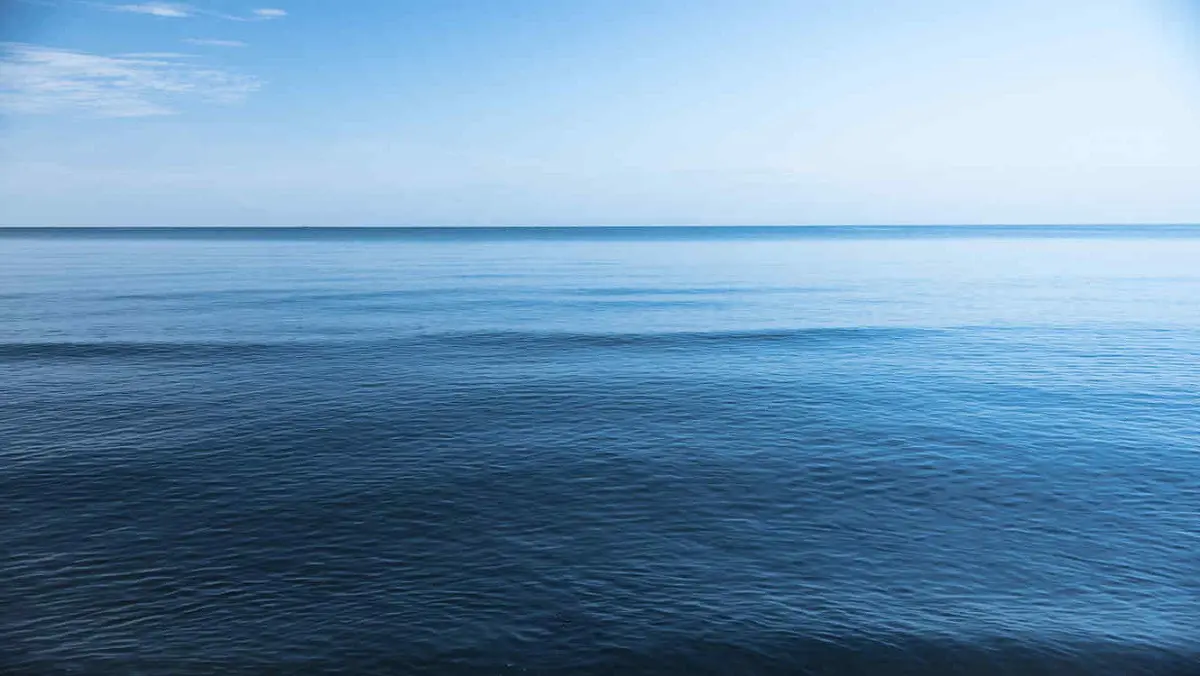News Highlight
India has emerged as a regional power and net security provider in the Indo-Pacific.
Key Takeaway
- India’s capacity to provide humanitarian assistance and disaster relief to its citizens and regional partners has grown.
- India has strengthened multilateral partnerships through engagement via regional mechanisms.
Indo-Pacific region
- The Indo-Pacific region is a biogeographic region comprising the tropical waters of the Indian Ocean, the western and central Pacific Ocean, and the seas connecting the two in the general area of Indonesia.
Significance of the Indo-Pacific region
- Strategic significance
- Indio-Pacific is a multipolar region, contributing more than half of the world’s Gross domestic product (GDP) and population.
- Therefore, a stable, secure and prosperous Indo-Pacific Region is essential to India’s strategic partnership with other countries, especially the USA.
- Mineral Resources
- Maritime territories have also emerged as depositories of vital resources ranging from fish stocks to minerals and offshore oil and gas.
- Economic Growth
- According to a report from the Asian Development Bank (ADB), countries in the Indo-Pacific produce over 60% of global GDP, making the region the most significant contributor to global growth.
- Maritime Trade
- Pacific islands are strategically significant from India’s point of view as they sit astride essential sea lines of communication through which important maritime trade is conducted.
Issues and Challenges
- Chinese threat and increasing presence
- The Chinese regime claims it has historical ownership over nearly the entire region, which gives it the right to manufacture islands, declare defensive perimeters around its artificial islands, and chase ships from other nations out of the South China Sea.
- Non-Traditional Issues
- The Indo-Pacific region is facing severe challenges related to geographical and ecological stability due to climate change and the consecutive La Nina events causing cyclones and tsunamis.
- India’s Limited Naval Capacity
- Indian Navy has limited resources and capacity to strengthen its efforts because of the limited allocation of the Indian military budget. Also, the lack of overseas military bases creates a fundamental logistical challenge for India to maintain its presence in the Indo-Pacific.
- Lack of multipolar world order
- India is working towards a multipolar world order and a resolution of like-minded countries to counter anyone who may challenge a multipolar world.
- ASEAN’s solidarity
- Some of the member countries of ASEAN have been under Chinese influence and thus pose a threat to eroding ASEAN’s solidarity concerning the concept of Indo-Pacific.
Geo-Political Developments in the Indo-Pacific Region
- The Indo-Pacific Economic Framework.
- It was launched by the United States (US) President in Tokyo in 2022.
- It aims to strengthen economic partnerships among participating countries to enhance resilience, sustainability, inclusiveness, economic growth, fairness, and competitiveness in the Indo-Pacific region.
- AUKUS Grouping
- In 2021, the US announced a new trilateral security partnership for the Indo-Pacific between Australia, the UK and the US (AUKUS).
- The security grouping AUKUS will focus on advancing strategic interests in the Indo-Pacific region.
- EU’s Indo-Pacific Strategy
- The European Union (EU) has recently developed an Indo-Pacific strategy to enhance its engagement across a broad spectrum.
- US Indo-Pacific Strategy
- The US administration has announced its long-awaited Indo-Pacific strategy, which focuses on building collective capacity to deal with challenges in the region.
- These include focusing on China’s challenges, advancing the US relationship, a ‘Major Defence Partnership’ with India and supporting its role as a net security provider in the region.
Way forward
- Connectivity
- Establishing connectivity in the region is essential based on respect for sovereignty and territorial integrity, consultation, good governance, transparency, viability and sustainability.
- Maritime Domain Awareness
- Maritime Domain Awareness (MDA) is necessary for Indo-Pacific security. MDA implies an adequate understanding of any maritime activity that could impact the security, safety, economy or environment.
- Multipolarity
- Security and peace and the law-abiding nature of the countries around the region are crucial. This will also allow multipolarity in the region.
- Strong naval capabilities
- Strong naval capabilities, multilateral diplomacy, and economic integration with nations are necessary for India to meet the challenges within the Indo-Pacific region.
- Extension of India’s programme
- India needs to stick to its vision of the Indian Ocean, i.e. SAGAR – Security and Growth for All in the Region.
Content Source: The Hindu



